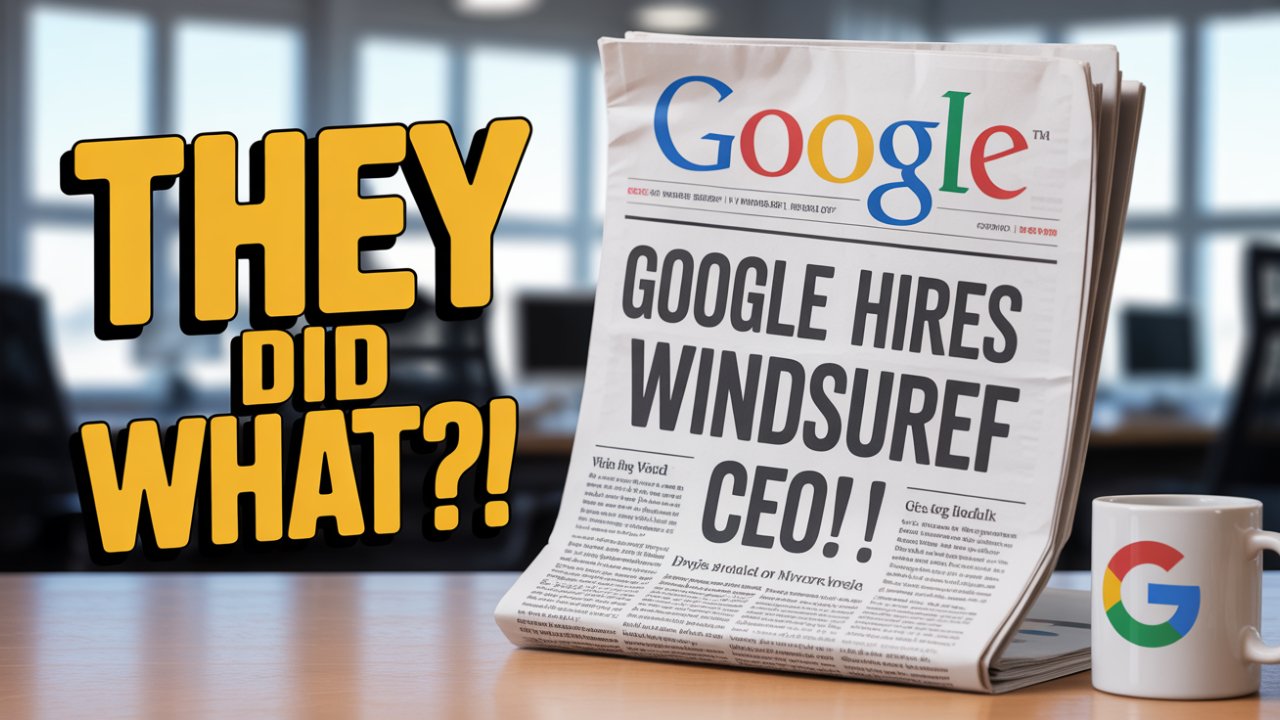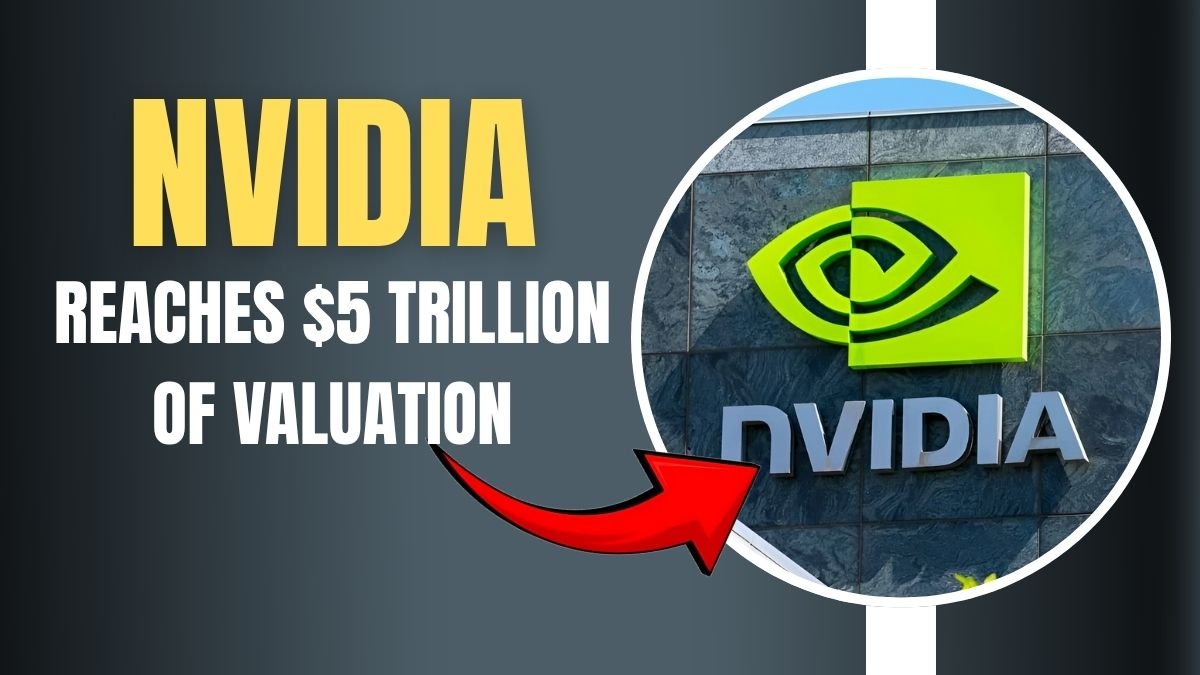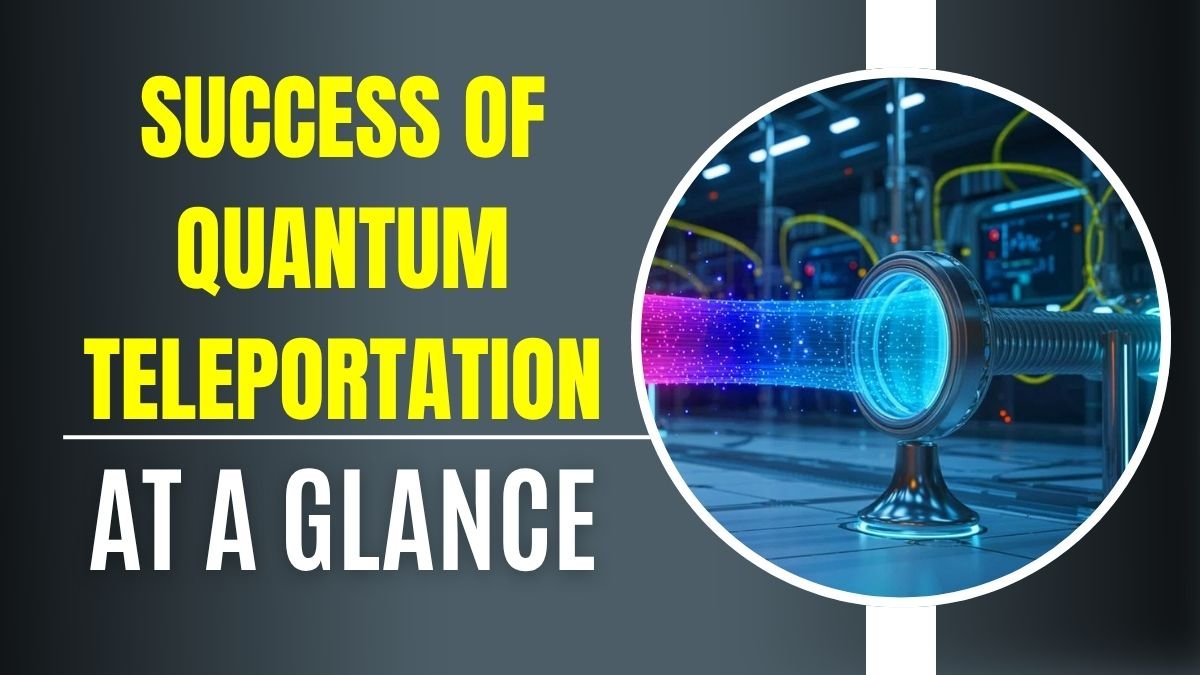1. OpenAI’s $3 Billion Deal with Windsurf Falls Apart
OpenAI had been in talks to acquire Windsurf, a fast-growing AI coding startup, for a massive $3 billion. This deal was seen as a strategic move to boost OpenAI’s presence in the AI coding space. However, internal conflicts—particularly OpenAI’s relationship with Microsoft—ultimately led to the collapse of the acquisition. OpenAI was hesitant to let Microsoft gain access to Windsurf’s technology, which became a key point of tension.
2. Google DeepMind Steps In with a Strategic Move
Just as the OpenAI deal collapsed, Google DeepMind made a surprise entry by onboarding Windsurf’s CEO Varun Mohan, co-founder Douglas Chen, and several top researchers. This unexpected move shifted the narrative in Google’s favor. Instead of acquiring Windsurf, Google acquired its core talent and some technology, giving it a sharp edge in the race to develop advanced AI coding tools.
3. Windsurf’s Rapid Rise in the AI Industry
Windsurf, though a relatively new startup, had made headlines for its rapid success. Focused on building AI tools that assist developers in coding, Windsurf’s products became popular for making coding easier, faster, and more accurate. By April 2025, its annual revenue reached $100 million, more than doubling from just a few months earlier. This growth caught the attention of major tech players like OpenAI and Google.
4. Conflict Between OpenAI and Microsoft Played a Key Role
A major reason behind the failure of the OpenAI-Windsurf deal was the conflict involving Microsoft, OpenAI’s largest investor. Microsoft already had access to OpenAI’s technologies, and OpenAI feared Windsurf’s assets would become accessible to Microsoft as well. This contradiction—wanting to acquire Windsurf while keeping Microsoft away from its tech—ultimately caused the deal to fall apart.
5. Google’s Reverse Acquihire Strategy Explained
Google didn’t acquire Windsurf outright. Instead, it followed a “reverse acqui-hire” strategy—bringing the startup’s top talent and licensing its technologies without taking over the entire company. Google paid $2.4 billion for a non-exclusive license to Windsurf’s technologies. This allows Windsurf to remain independent while still working with other potential partners in the future.
6. Google’s Focus on Agentic Coding with New Talent
With the new hires from Windsurf, Google DeepMind is aiming to advance its work in “agentic coding”—AI that can assist developers more proactively. Google spokesperson Chris Pappas stated they’re excited to welcome this top AI coding talent. This shows Google’s deep commitment to catching up with rivals like OpenAI and Anthropic, both of which are also pushing hard in the AI coding domain.
7. Impact on Windsurf’s Future and Leadership Change
After the departure of its CEO and key members, Windsurf is now under interim leadership. Business head Jeff Wang has taken over as the interim CEO. Though most of Windsurf’s 250 employees remain with the company, the loss of senior leadership could impact momentum. Windsurf will need to reorganize and rethink its strategy to continue growing independently.
8. Windsurf Team Continues Developing AI Tools
Despite leadership changes, the majority of Windsurf’s team is still with the company and continues to build AI coding tools for enterprise clients. This indicates that Windsurf hasn’t shut down or slowed completely. However, in the long term, the absence of its original visionaries could pose challenges to sustaining innovation and market competitiveness.
9. Reverse Acquihire: A Growing Trend in AI Industry
Google’s move is part of a growing trend in the AI world where companies focus on acquiring talent instead of entire startups. This strategy helps avoid regulatory scrutiny and accelerates innovation. Microsoft has followed a similar path, hiring key people from Inflection. Google also brought back Noam Shazeer from Character.AI. The emphasis is now clearly shifting toward acquiring expertise rather than companies.
10. Talent: The Real Currency in the AI Race
This entire episode underlines one major insight—talent is the most valuable asset in today’s AI race. Companies like Google, OpenAI, and Microsoft are not just chasing products, but the minds that create them. As AI becomes more competitive, acquiring top-level researchers, engineers, and leaders has become the key to long-term success. The war for AI supremacy is now as much about people as it is about models.






